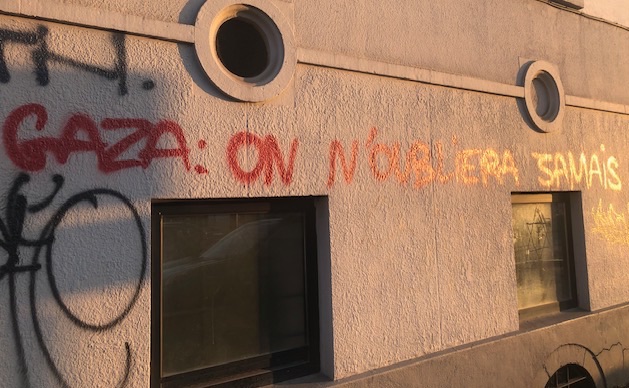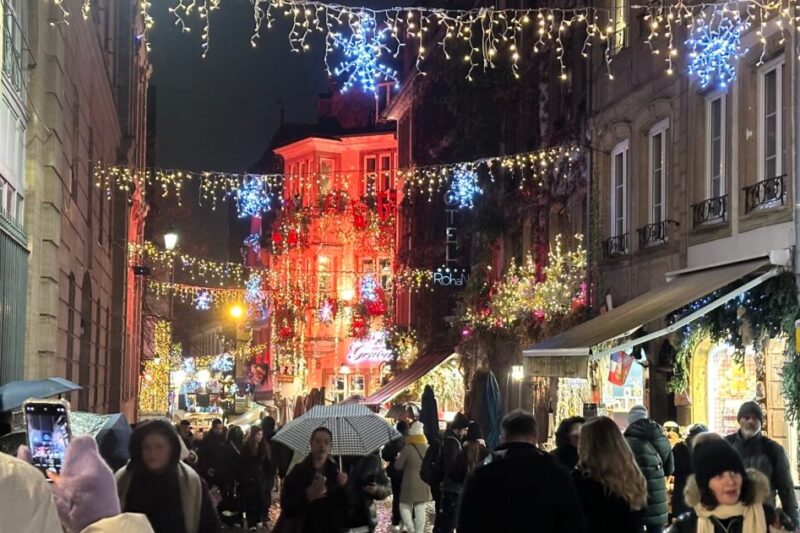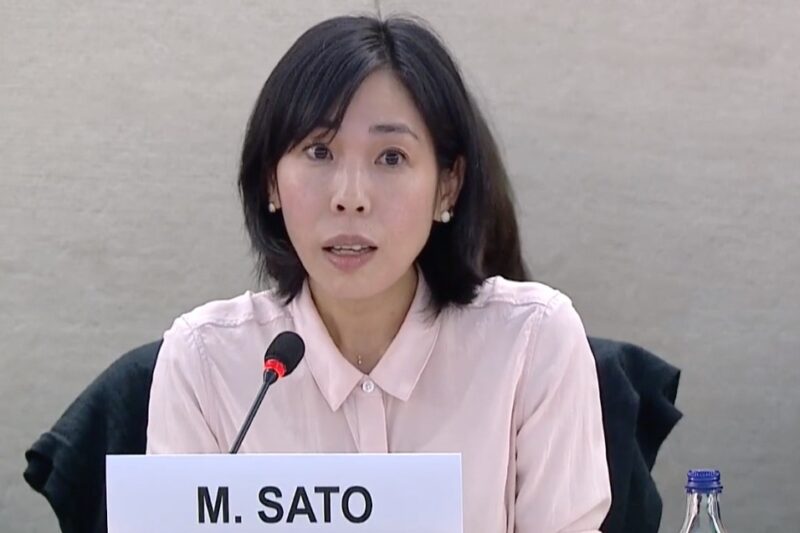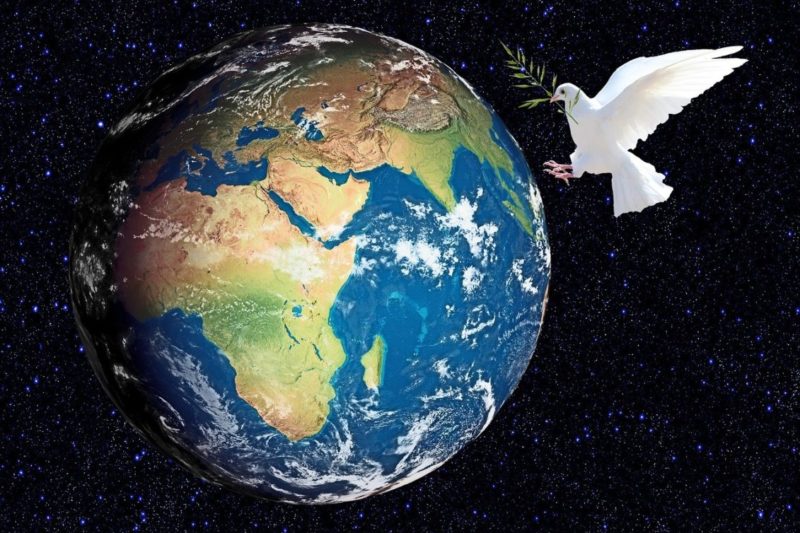Beyond the ceasefire at Gaza : Palestinians in Europe confront the silent aftermath of war

When the war stops, it does not mean the pain ends. From the outside, it may appear that Palestinians far from Gaza have escaped the danger, but the reality is far more complex.
When the war stops, it does not mean the pain ends. Instead, a new kind of suffering begins, a silent agony. Across Europe, many Palestinians have endured months of fear, sleepless nights, relentless news feeds, and a crushing sense of helplessness. Now, they are facing what could be described as delayed trauma: the psychological void that emerges once the immediate crisis has passed.
From the outside, it may appear that Palestinians far from Gaza have escaped the danger, but the reality is far more complex. Geographic distance does not dull the anxiety, nor does it extinguish the fear for family, nor negate the impact of horrific images and reports that flood their screens. The post-war phase is not a time of relief, it is a new stage filled with unanswered questions and emotions too heavy to express.
Something remains unresolved
Across Europe, many are trying to return to their normal routines, yet internally, they feel something remains unresolved. Some have lost family members, others are still waiting for news after months of silence about the fate of their loved ones. Many live each day torn between two worlds, the reality before them and the homeland they carry within.
« Feeling like they have no past, no place to belong. It’s a feeling that words cannot describe. »
Mahmoud Abu Reda, a 35-year-old Palestinian engineer from Khan Yunis in southern Gaza, has lived in Belgium for seven years. Despite the distance, the recent war has left a deep mark on his psyche and daily life — as if he were living it from the inside.
“The hardest thing a person can endure,” Mahmoud says, “is feeling like they have no past, no place to belong. It’s a feeling that words cannot describe. After the war ended, sorrow returned to our hearts when we realized the full scale of the disaster — a city stripped of its features, its homes, its memories. Everything reduced to rubble. We are still in shock over what has happened to us.”
He speaks candidly about how the war has affected his daily life and mental health: “We haven’t truly slept for two years. I’ve been in a constant state of fear and anxiety, afraid I would wake up to another tragedy. I would wake up several times a night to check the news, the names, and the areas being bombed. This constant vigilance has affected every part of my life.”
« I isolated myself from everyone around me because of the frustration and sorrow. »
Mahmoud continues: “I had to leave my job at the start of the war because I couldn’t focus. My mind was always consumed by what was happening in Gaza. I was constantly following the news and trying to reach my family, making it nearly impossible to continue working under such catastrophic circumstances.”
He comments on the social toll: “I isolated myself from everyone around me because of the frustration and sorrow. I was unable to engage in normal conversation. I felt like someone living under abnormal conditions within a perfectly normal society. This contradiction pushed me into seclusion, focusing all my energy on supporting my family and ensuring they were safe.”
About the absence of danger
Alaa Mahdi Kudaih, a 25-year-old writer and photographer, and a Palestinian from Gaza, studied psychological counselling and guidance in Turkey and is now studying for an MSc in educational science at VUB, says: “Even though I live in what should be a safe place, I don’t truly feel safe within myself. For me, safety is not just about the absence of danger, it’s about being surrounded by your loved ones, even if only online. Without that, there’s an emptiness that makes this so-called “safety” feel fragile and unreal.”
Speaking about how the war has affected her, Kudaih noted: “Fear, guilt, helplessness, and the heavy burden of survivor’s guilt stay with me every day. They constantly affect my ability to function, to focus, and to feel productive. My sleep is restless, I used to rely on medication, but even then, the few hours I managed were filled with nightmares. And every morning, waking up comes with dread, the fear of checking my phone and discovering yet another devastating loss.”
« It felt like one hour of therapy a week wasn’t enough against the backdrop of a genocide. I needed to do more than just talk. I needed to act, to give, to create. »
She added: “Work is no different. It’s hard to concentrate or give your best when your heart is so heavy. But at the same time, I push myself to stay busy—through writing, photography, and volunteering in mental health services—because being productive gives me a sense of purpose. It makes me feel, even briefly, that I still have some control. Exhausting myself with these activities sometimes helps me fall asleep, and more importantly, they give me confidence that I am still contributing to life despite the chaos.”
Kudaih explained: “Studying psychology has given me tools to try to structure my emotions and bring some order to my life. It has taught me to seek healing not only for myself but also for others. But at the same time, even psychologists need psychologists. I did reach out for therapy, but I couldn’t continue, it felt like one hour a week wasn’t enough against the backdrop of a genocide. I needed to do more than just talk. I needed to act, to give, to create.”
“That’s why I turn to writing, photography, and volunteering in mental health services. These things don’t erase the pain, but they help me feel less powerless. They remind me that I am capable, that I can still help, still create, still give meaning to my life. And in those moments, however brief, I feel stronger and a little more confident in myself.”
Similar emotions
The Palestinian musician Alaa Shublaq, originally from Gaza and now living in Belgium, shares similar emotions.
“We feel like we’ve entered a dark tunnel with no way out,” he says. “There are no clear plans or solutions to escape this disaster. True, the end of the war brings some relief because the bloodshed stops, but the daily struggle and suffering continue. Families still live in tents with almost nothing. That reality fills me with anguish and guilt, living in a more comfortable place while my loved ones on the other side of the world are deprived of everything.”
« I recently decided to stop following the news, in an attempt to escape the mental strain all of us from Gaza are experiencing. »
Shublaq adds: “Personally, I went through a period of deep frustration and preferred silence, because talking felt pointless. But after the war ended, I began trying to improve my mental state by speaking with a few friends who share similar experiences.”
He continues: “I recently decided to stop following the news, in an attempt to escape the mental strain all of us from Gaza are experiencing. We Palestinians, wherever we are, need to breathe and try to return to our normal lives. It will take a long time to overcome everything that has happened, but we still hope to see the light again. We are trying to heal our wounds and build a better, fairer tomorrow.”
Searching my family
In Hasselt, Belgium, Abdel Karim Alsahar, a 40-year-old Palestinian, carries deep wounds in his heart. He worked as a nurse in Gaza before moving to Belgium to continue his studies. The recent war, however, has left a devastating mark on his life.
« One of my closest brothers was killed on my birthday, and since that day, my birthday has been tied to his death. »
“I lost all four of my brothers during the war. The first was a doctor, killed while working in the hospital. The second was an English teacher, killed while trying to move the family from northern Gaza to the south. The third died while bringing food to his children. As for the fourth, we still do not know his fate. One of my closest brothers was killed on my birthday, and since that day, my birthday has been tied to his death. I did not cry ordinary tears, I felt as if I was crying blood for him.”
Losing my mother
“I lost my mother when she went to check on our home in Tal al-Zaatar, northern Gaza, three months before the ceasefire. After that, all contact was lost, and we have had no news of her. A young man told me he found the body of a woman matching my mother’s description, but the area remains dangerous and under Israeli control, making it impossible to verify. Every day since, I wake with the same hope, that someone, somewhere, will tell me any information about her.”
The uncounted
According to The United Nations, about 4.000 Palestinians, including children and the elderly and 51 Israelis, remain missing since 7 October 2023. UN experts have called on authorities in both Israel and the Occupied Palestinian Territory to disclose the fate and whereabouts of all victims of enforced disappearance.
« I used to be a calm and rational nurse, but what I’ve gone through has completely changed me. »
Abdel Karim adds: “The waiting and uncertainty have become part of my daily life. I follow every list of martyrs and missing people on social media, searching for any trace of my brother or mother. I have become irritable and unfocused. I used to be a calm and rational nurse, but what I’ve gone through has completely changed me.”
Shock and longing
“I went to a Belgian psychologist, and she was shocked by the stories and suffering I’ve endured over the past two years of war,” he explains. “She told me that my loss is immense, that what I am experiencing is beyond the human mind’s capacity to endure. Even my tears have dried from so much anxiety.”
« Our minds are trapped, thinking only of our families and the war. All our dreams have collapsed. »
“I believe our ambitions and hopes after the war have vanished. Many people in Europe still think about returning to Gaza, even though they no longer have homes there. Our minds are trapped, thinking only of our families and the war. All our dreams have collapsed.”




